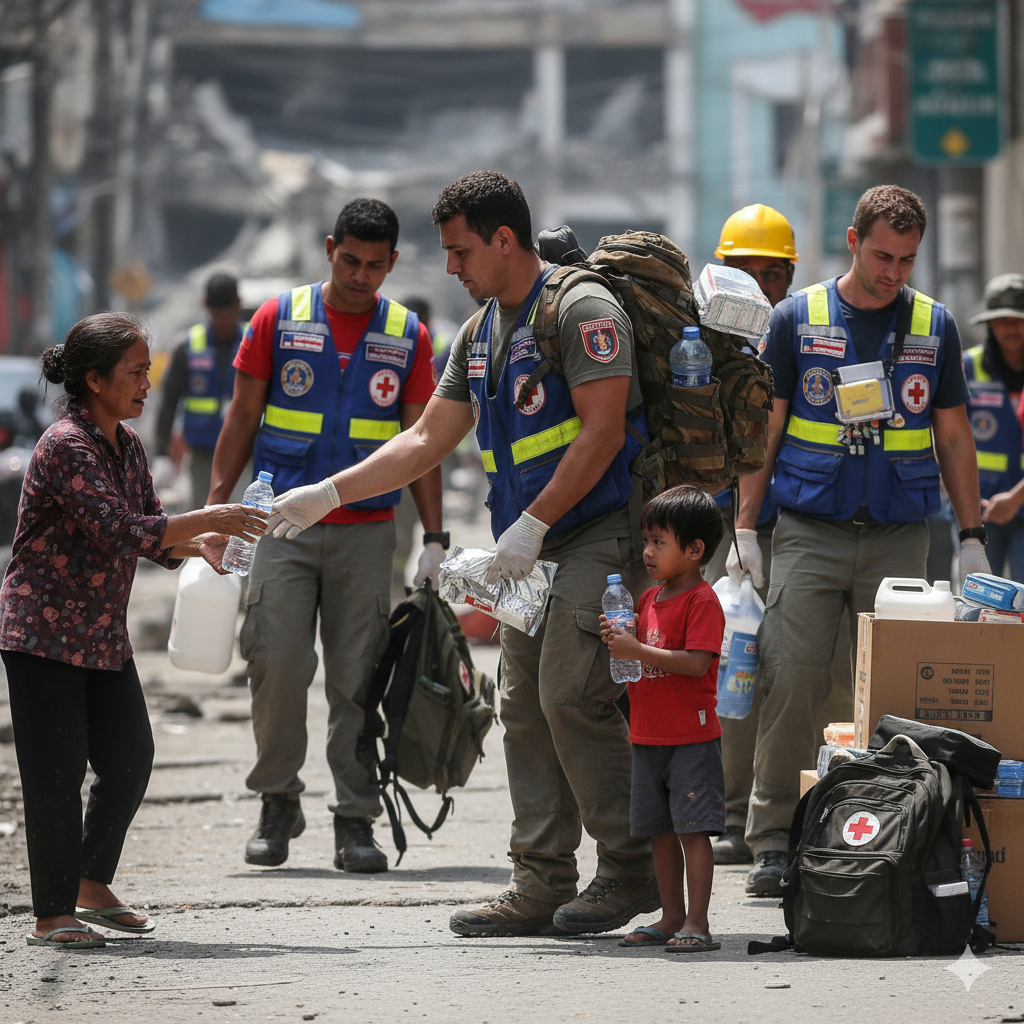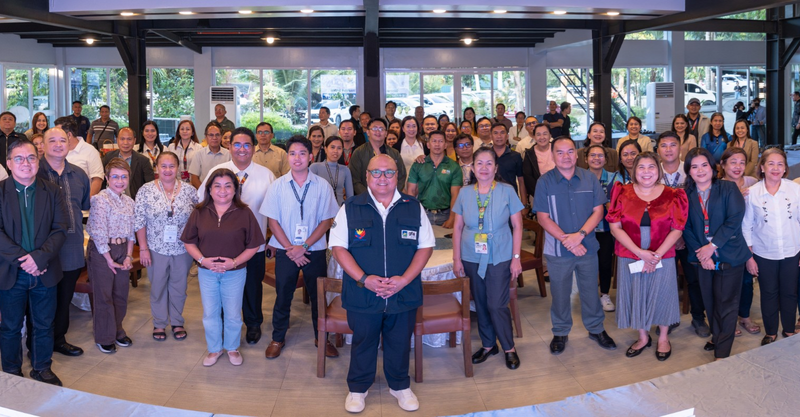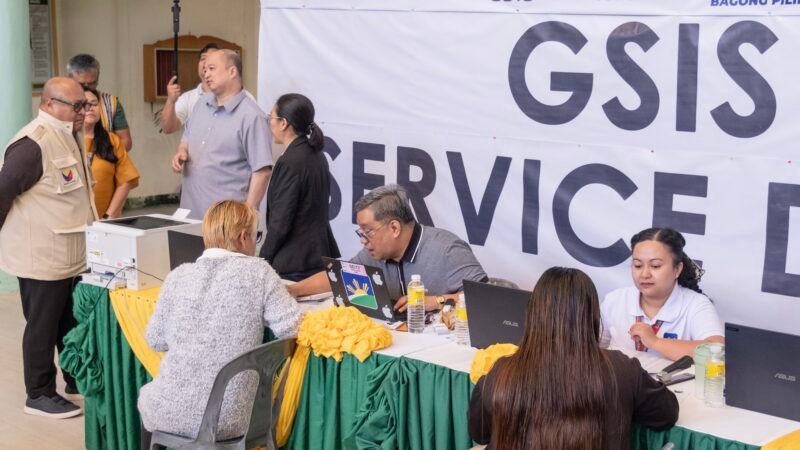Cebu earthquake underscores urgent need for emergency preparedness in the Philippines
The magnitude 6.9 Cebu earthquake has once again brought into sharp focus how vulnerable the Philippine population remains when major disasters strike. While some communities on higher ground are spared from floods and storms, earthquakes inflict damage indiscriminately and without warning, leaving families reeling in their aftermath.
Victims often suffer injuries from falling debris, become trapped in rubble, and are stranded in areas without electricity, food, or water. The loss of power also cuts off communication, leaving survivors unable to reach loved ones. With homes destroyed, many are forced to endure exposure to the elements and health risks such as mosquito-borne diseases. Over time, psychological trauma including anxiety and post-traumatic stress also sets in.

The 72-hour survival window after disasters
In response to these challenges, local governments and civic groups around the world have turned to 72-hour emergency kits as a key preparedness measure. The three-day period immediately following a major disaster is critical, as it can take up to that long for emergency services to arrive. Having sufficient food, water, shelter, medical supplies, and communication tools allows families to survive and reduce the burden on overwhelmed responders.
Californila.com, a Filipino-owned company based in California—where disaster readiness is a way of life—has introduced world-class 72-hour emergency kits specifically designed for earthquake survival. Led by Filipina founder and emergency response expert Ishka Villacisneros, the company has made these kits available to both LGUs and households in the Philippines.
Each kit contains lighting and communication devices, first aid and medical supplies, non-perishable food and water, hygiene and sanitation essentials, and shelter provisions including tents, sleeping bags, emergency blankets, and ponchos. Also included are multi-tool pocket knives, fire starters, ropes, 115-hour candles, dust masks, 3 liters of water per person, moist towelettes, two-way radios, whistles, GPS devices, and other navigation tools.
You May Also Like: Africa Energy Week highlights need for African-led solutions to end energy poverty by 2030
Localizing global solutions for Philippine communities
“In the United States, emergency kits are a common household necessity. The recent tragedy in Cebu highlights the urgent need to strengthen disaster preparedness in the Philippines,” Villacisneros said. “Natural disasters like earthquakes can leave families without essential needs such as food, water, and shelter. The experience of Cebu’s victims highlights the need for proactive measures to ensure safety and security when disaster strikes.”
She explained that kits can be customized for specific community needs, including special medications or local requirements. “Knowing that you have all the emergency solutions at your fingertips gives you peace of mind when emergencies happen. During these uncertain days of climate change, everybody is encouraged to avail of or make one’s own emergency kit,” she added.
Californila.com, a personal shopping company for Filipinos worldwide, helps make emergency kits and other US-quality products accessible without the high intermediary costs.



